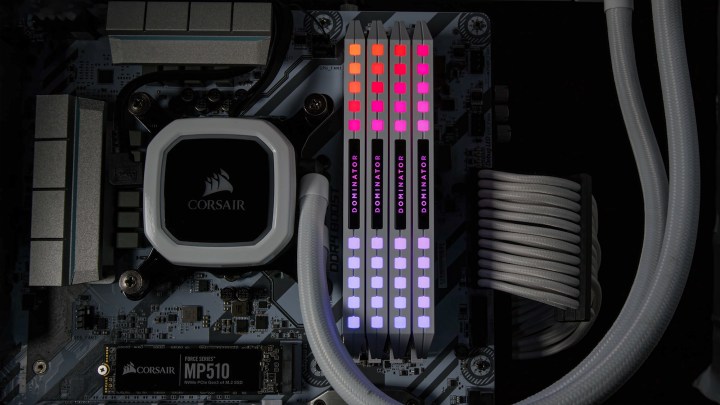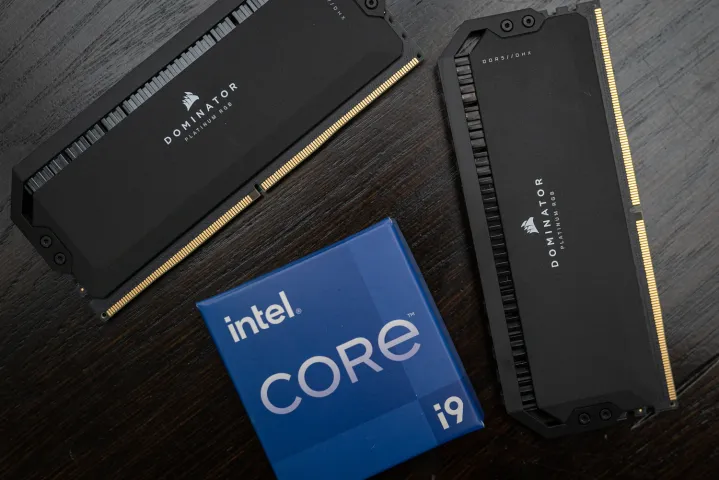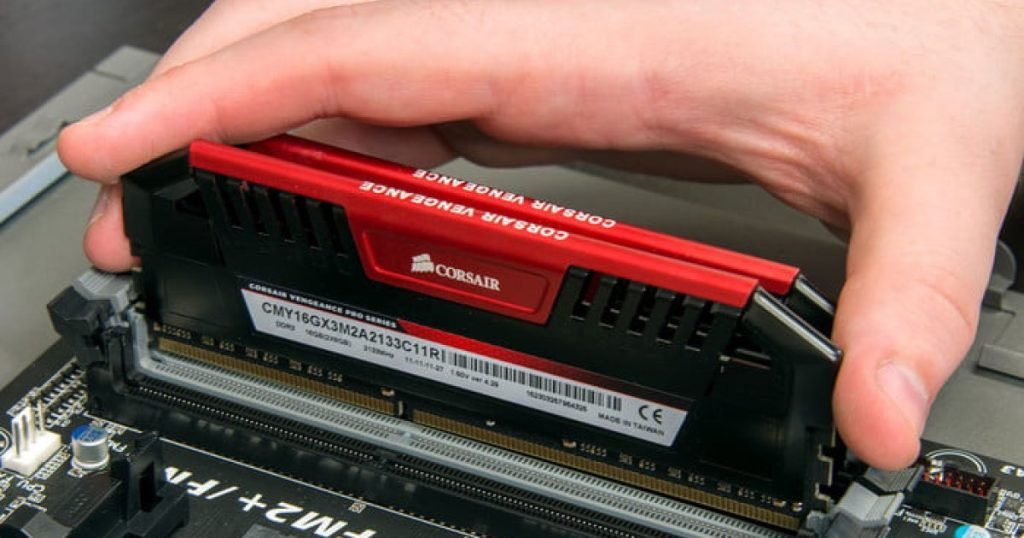When it comes to RAM in a PC, capacity is important, but so are factors like frequency and latency. These considerations become even more critical with the availability of DDR4 and DDR5 RAM, each offering different speeds.
The jump from DDR4 to DDR5 brings significant changes in speed, with DDR5 starting at 4800MHz compared to DDR4’s maximum clock speed of 3200MHz. Even though latency has increased with DDR5, it still proves to be faster overall.
So, the question remains: Does RAM speed really matter? The answer is not straightforward, and we’ll delve into the details.

Get your weekly breakdown of PC gaming technology
What Makes RAM Fast?

RAM speed is influenced by higher frequencies, lower latencies, and the number of channels. Each of these factors plays a role in the performance of RAM.
Increasing frequency boosts memory bandwidth, enhancing data transfer speeds. Overclocking RAM operates similarly to CPU or GPU overclocking. Lowering latency reduces the time needed for CPU-RAM communication, though it’s more complex compared to increasing frequency. Enabling XMP can optimize RAM for both frequency and latency.
Improving frequency often comes with a trade-off in latency, making it challenging to enhance both simultaneously. For overclocking, focusing on frequency alone is typically more effective than adjusting both frequency and latency together.
Memory channels are determined by your CPU and RAM configuration, impacting memory bandwidth. Dual-channel RAM setups offer better performance compared to single-channel configurations.
How Does Faster RAM Enhance PC Performance?
CPU performance relies on rapid access to transferable data. While CPUs have cache memory, additional data access from RAM can lead to performance bottlenecks. Faster RAM contributes to improved overall system performance.
However, the impact of faster RAM varies across different software applications and games, much like the performance variations seen with CPU cores and GPU speeds. Individual experiences with faster RAM will differ based on PC usage.
Performance Benchmarks

Performance gains from transitioning to dual-channel memory or adjusting frequency and latency settings vary across applications and games. Dual-channel RAM configurations significantly outperform single-channel setups in both synthetic benchmarks and gaming scenarios.


